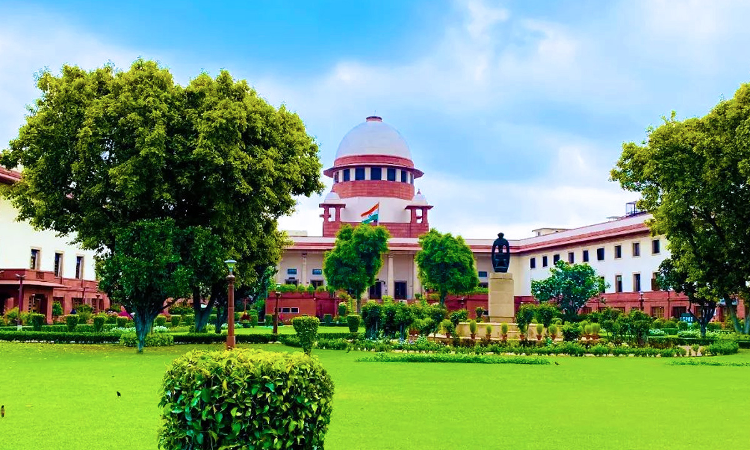The Supreme Court is not competent to inquire into the grant of environmental clearance for indigenously developed genetically modified mustard seeds beyond the limited questions of whether an adequate regulatory mechanism governing this field exists and if the government has materially complied with such mechanism, submitted the Ministry of Environment, Forest and Climate Change (MoEFCC)...

